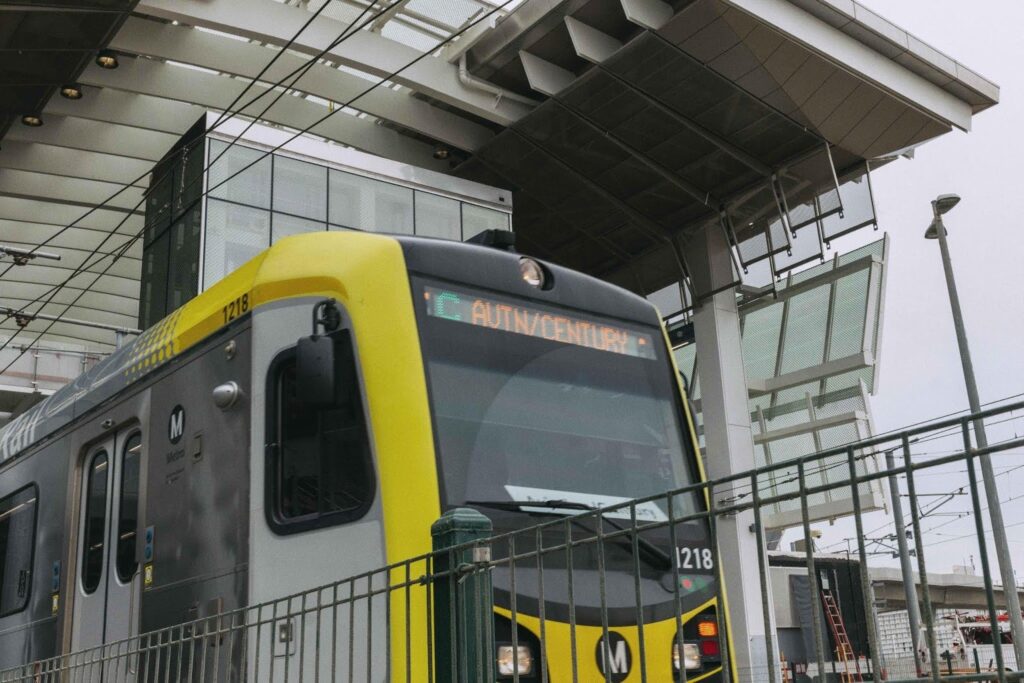
Improving access to healthcare by improving transportation options
 |
| Photo by Dan Burden |
Yesterday we noted transportation’s impact on health care costs, and how expanding access to public transportation and investing more money in complete streets safe for walking and biking can improve overall health and lower healthcare costs.
At the same time, we should remember that having transportation options and the ability to easily get where you need to go have a huge impact on whether or not you receive care. Folks who can’t get to the doctor or who must wait on rides from family and friends are more likely to stay sick.
A study of over 1,059 households in 12 western North Carolina counties tests the relationship between transportation options and healthcare utilization while adjusting for the effects of personal characteristics, health characteristics, and distance. The report found that people with reliable access to healthcare visited their doctor 2.29 times more frequently for serious illness and 1.92 times more frequently for regular checkups than those who did not.
The ability to reliably and affordably make it to doctor’s visits or healthcare appointments is also a matter of transportation equity. Minorities, households in rural areas, the disabled, and low-income Americans face even greater hurdles because many cannot drive and public transportation is often unavailable, inaccessible or unreliable. (Not to mention public transportation, paratransit or dial-a-ride programs being cut left and right)
We already know Americans are tired of being stuck in traffic and are clamoring for more options for getting around. But they are also demanding prevention as a top health care reform priority, and overwhelmingly support increasing funding for prevention programs to reduce disease and keep people healthy.
Meeting the health care needs of all Americans will require funding infrastructure projects that can create more opportunities for physical activity. The healthcare bill Congress is currently working on is just another opportuniy to demand that transportation options and access issues are more broadly included in the debate. It is not just the cost of care, but the ability to access that care that’s proven to reduce hospitalization rates for chronic conditions.



